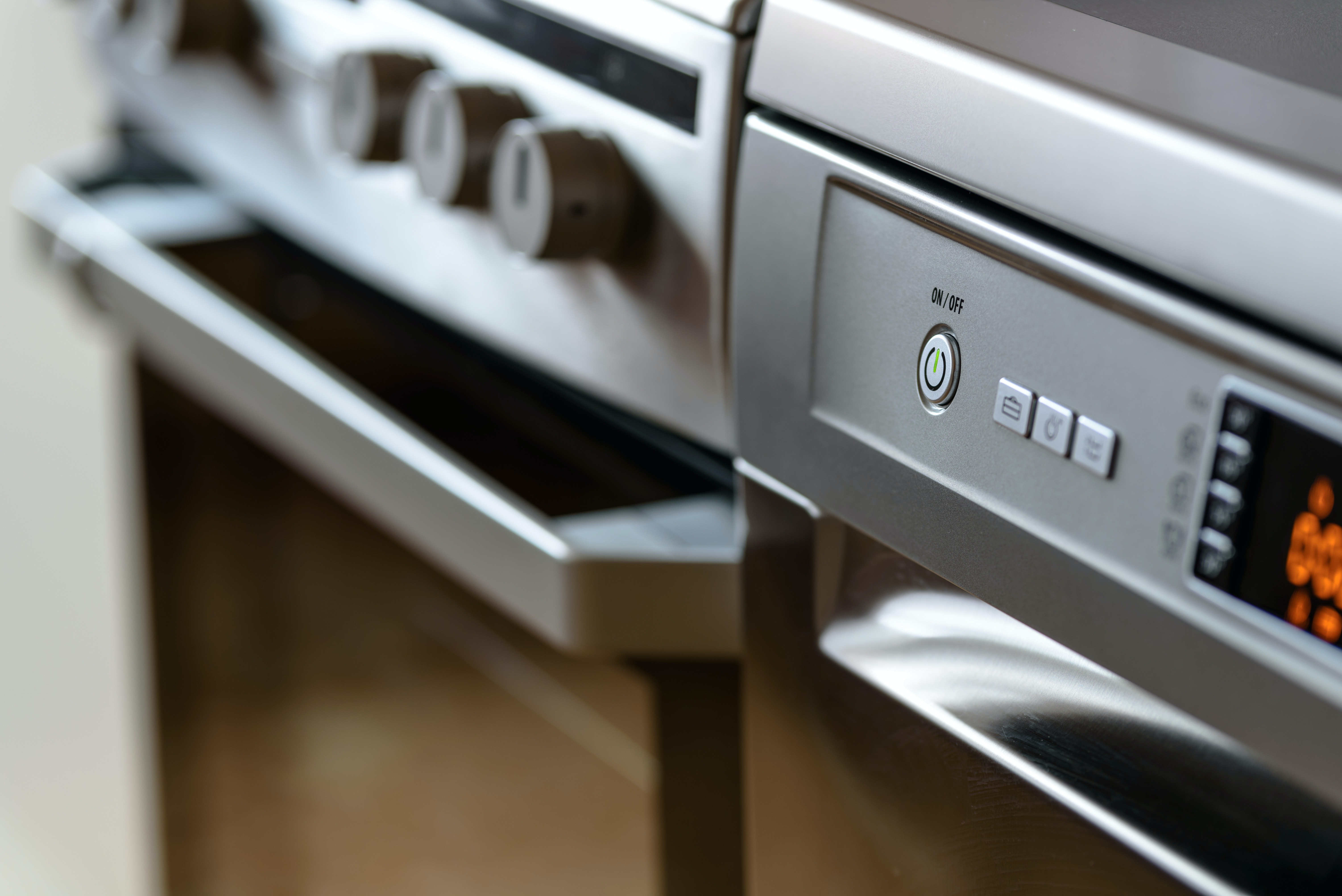
As the world shifts towards sustainability, environmentally friendly practices have become an essential part of our daily lives. One area of focus is eco-friendly kitchen appliances. An energy-efficient and eco-friendly kitchen not only saves you money but also helps reduce your ecological footprint. This article will explore some top energy-efficient and environmentally-friendly kitchen appliances and how they can benefit you.
Refrigerators and Freezers
As refrigerators and freezers are always running, it’s crucial to choose energy-efficient models to minimize your environmental impact. Top freezer models are typically more energy-efficient than side-by-side or bottom freezer models. Try to choose a refrigerator with a range of temperature settings, which can help you save energy by only using as much as needed. Consider the size carefully. While smaller models use less energy, they may not be sufficient for larger households, resulting in multiple units that increase overall energy consumption.
Dishwashers
Modern dishwashers have come a long way in terms of energy efficiency. To find the perfect eco-friendly dishwasher for your kitchen, choose a model with an ENERGY STAR rating, which uses less water and energy than standard models. Look for dishwashers with soil sensors that automatically adjust time and water use based on how dirty the dishes are. Consider models with multiple settings, including eco-mode or energy-saving cycles, to minimize water and electricity consumption.
Range Hoods and Ventilation
Effective ventilation is important in any kitchen, not only to remove odors and pollutants but also to improve indoor air quality. A well-designed vent hood can help reduce energy consumption while keeping your kitchen safe and comfortable. Consider models with variable speed settings and energy-efficient exhaust systems when selecting a vent hood for your eco-friendly kitchen.
Ovens and Cooktops
Ovens and cooktops are among the most energy-consuming kitchen appliances, so choosing eco-friendly models is essential. Induction cooktops are more energy-efficient than gas or traditional electric cooktops, using magnetic fields to heat the pot directly, reducing wasted energy. Convection ovens are efficient, as they evenly distribute hot air, allowing food to cook faster and at a lower temperature. Gas ovens with an electric ignition save more energy than those with a standing pilot light.
Small Kitchen Appliances
While large appliances contribute significantly to energy consumption, don’t overlook your smaller appliances. Electric kettles with automatic shut-off features and temperature settings save energy by only heating water as much as needed. Energy-efficient microwaves use less electricity and cook food faster. Choose a model with an inverter, allowing you to decrease cooking power as food gets closer to being cooked. Toaster ovens consume less energy than traditional ovens, making them an eco-friendly choice for smaller cooking tasks.
Energy Star Ratings
When selecting eco-friendly kitchen appliances, seeking those with an ENERGY STAR rating is an excellent starting point. ENERGY STAR is a government-backed program, and their products save energy, water, and money without compromising on performance. Keep an eye out for the ENERGY STAR logo when shopping for appliances to ensure you’re making greener choices.
Maintenance and Usage
Beyond purchasing eco-friendly appliances, it’s essential to practice responsible use and maintenance to maximize energy efficiency. Regular maintenance, including cleaning refrigerator coils, changing air filters, and descaling appliances, will ensure they run efficiently. Unplug small appliances when not in use to reduce energy waste from standby power. Operate appliances at full capacity, such as washing full dishwasher loads or cooking multiple dishes simultaneously in the oven, to minimize energy use.
Recycling and Disposal
When replacing your old appliances, it’s important to consider proper recycling and disposal methods to minimize their environmental impact. Many components of appliances can be recycled or disposed of responsibly. Consider reaching out to your local facilities, blue box programs, or appliance manufacturers for guidance on proper disposal methods and recycling programs in your region.
Smart Kitchen Appliances
In addition to energy efficiency, smart kitchen appliances can also contribute to an eco-friendly kitchen. Wi-Fi-enabled devices that can be controlled via mobile apps help you monitor energy usage, receive maintenance notifications, and even enable you to control appliances remotely, enhancing energy-saving practices and overall efficiency in your kitchen.
Cost and Savings
While eco-friendly appliances may have higher upfront costs, they often save you money in the long run. By consuming less energy and water, these appliances can lead to much lower utility bills, potentially offsetting the initial price difference. Additionally, some governments and utility companies offer incentives and rebates to encourage the purchase of energy-efficient appliances, further reducing overall costs.
Final Thoughts
Transforming your kitchen into an eco-friendly oasis is not only beneficial for the environment but also for your wallet. Incorporating energy-efficient and environmentally friendly appliances into your home is a step in the right direction towards a greener lifestyle. By following this guide, you can make eco-conscious decisions when it comes to your kitchen, ensuring a positive impact on both the planet and your savings.